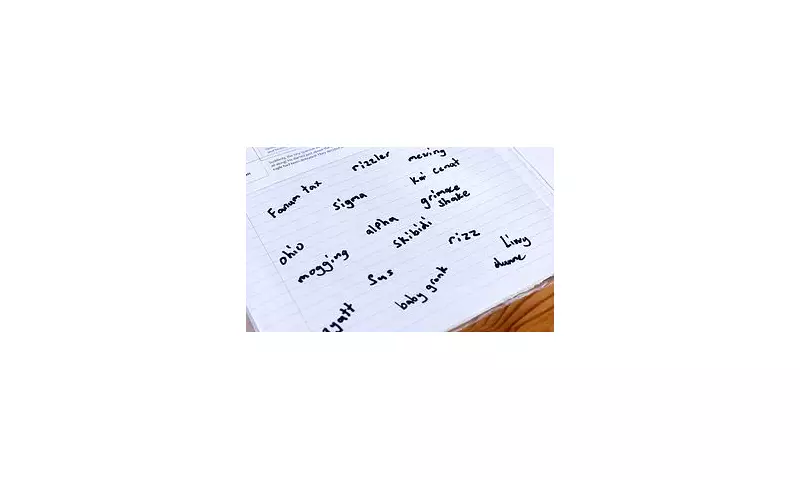
Britain's linguistic landscape is undergoing a dramatic transformation as traditional Cockney rhyming slang makes way for a new wave of digital-era expressions that are reshaping how Britons communicate.
The New Vocabulary Revolution
Research reveals that classic British phrases like 'apples and pears' for stairs and 'dog and bone' for phone are being rapidly replaced by terms born from internet culture and social media platforms. This linguistic shift represents one of the most significant changes in British English in decades.
Top Trending Slang Terms Explained
Sigma
This term has evolved from its mathematical origins to describe a lone wolf personality - someone who operates independently outside traditional social hierarchies. Unlike 'alpha' males who seek dominance, sigmas march to their own beat.
6-7
A numerical expression meaning something is average or mediocre. If a meal, date, or film is described as '6-7', it's perfectly acceptable but nothing to write home about.
Huzz
The modern equivalent of 'huzzah' - an expression of excitement or celebration. This truncated version reflects the preference for shorter, punchier expressions in digital communication.
Why British Slang is Evolving
Language experts attribute this shift to several key factors:
- Digital Influence: Social media platforms like TikTok and Instagram accelerate the spread of new terminology
- Global Connectivity: Increased exposure to American and international English through streaming services
- Generational Identity: Younger generations creating linguistic markers to distinguish themselves
- Communication Efficiency: Shorter terms better suited to texting and social media posts
The Future of British English
Linguists predict this evolution will continue accelerating as digital natives become the dominant language users. However, they note that regional dialects and traditional slang will likely persist in specific communities and contexts, creating a rich tapestry of British English that blends old and new.
What remains clear is that British slang continues to be a dynamic, living element of the language, constantly adapting to reflect changing social realities and communication technologies.





